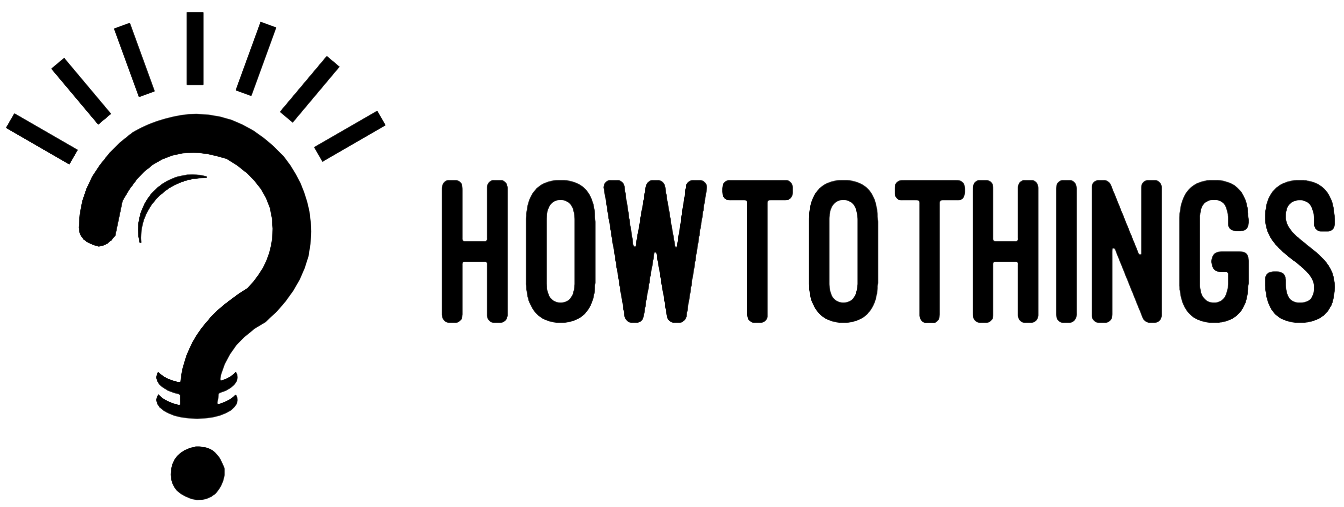How soon after recovering from COVID-19 can you get vaccinated?
Whether your COVID-19 infection was minor or severe, if you are unvaccinated and get better, you may be asking when you can get the vaccination you need to help avoid reinfection
There is a chance of reinfection, but, it’s not insignificant. According to the data, adults who have not received the COVID-19 vaccine are twice as likely to contract the illness again than those who do so.
In spite of having COVID-19, Dr. Robert Phillips, executive vice president and chief physician executive at Houston Methodist, advises everyone who can to get vaccinated. Because Natural immunity’s durability and dependability are now too poorly understood for people to be confident in the protection it might provide.
Even against the more contagious omicron type and vaccine-induced immunity provides an extraordinarily effective defence against life-threatening COVID-19 disease.
Additionally, COVID boosters offer even greater security. Anyone who qualifies should think about having their booster as soon as feasible, and according to this. (Related: How Effective Against Omicron Is the Updated Booster? & 5 Additional Questions, Solved)
So here’s what you need to know if you have COVID-19 and are ready to get immunised or wondering when you can get your booster:
How soon after recovering from COVID-19 can you get vaccinated?
Dr. Phillips advises patients who test positive for COVID-19 to delay starting their primary immunisation series until their symptoms have subsided and they have satisfied the conditions for ending isolation.
Make sure you comprehend what your isolation timetable should entail because the conditions for quitting isolation differ from individual to person and.
Therefore, As soon as isolation is lifted, a person with an asymptomatic COVID-19 infection can begin vaccination. A virus test must not be negative before to immunisation Dr Phillips states.
How soon after receiving COVID-19 may you receive a COVID booster?
The CDC advises individuals who have recently contracted COVID-19 to wait at least three months post-infection before receiving the omicron booster shot if they are both age-eligible and due. However, when deciding when to have a booster shot after infection, individual circumstances including the likelihood of developing a severe COVID-19 infection or local outbreaks should be taken into consideration.
Action Items:
- Meanwhile, You can make an appointment with a primary care physician nearby if you require a COVID-19
- after that, vaccine or booster, or you can obtain the shot at a nearby pharmacy.
Any risk after getting a booster?
A COVID-19 vaccine may cause adults and children to have some side effects, such as dull pain, redness or swelling where the injection was made, fatigue, headache, muscle pain, chills, fever, and nausea. Serious adverse effects are unusual but could happen.
